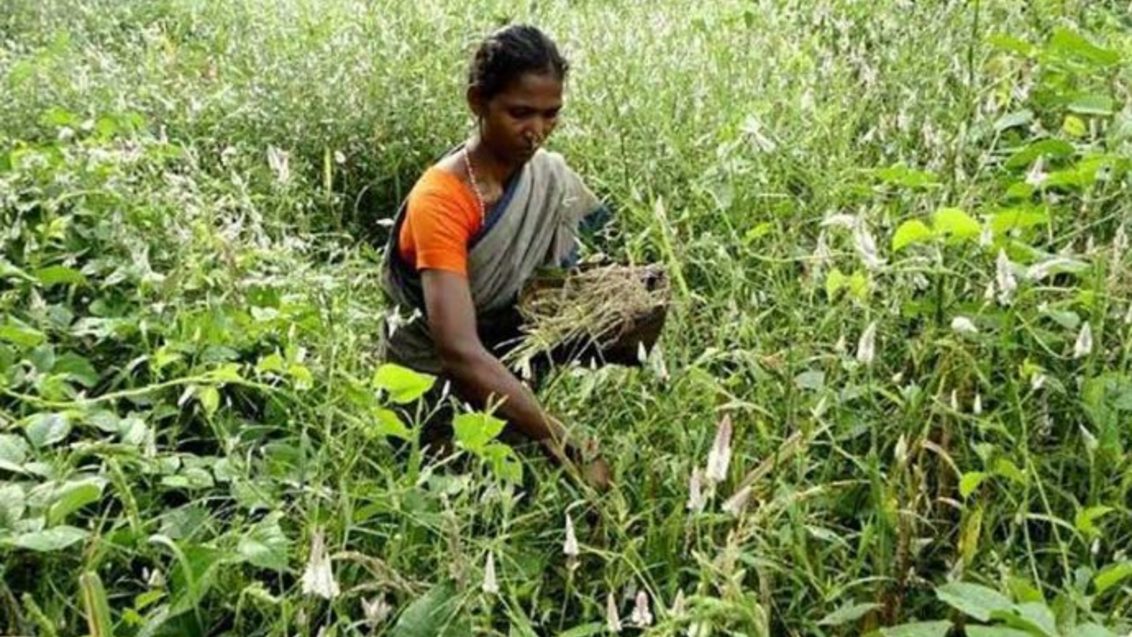When Tomatoes can transform lives

Smallholder Rita starts quality seed production
The first-hand experience of your customers’ problems is a business advantage. Trust comes more easily if your customers know you have lived their lives and faced their struggles, and you can advise on products and processes that work.
Rita Devi battled to feed her family from the proceeds of her quarter-acre farm and her husband’s erratic wages from laboring. She understands small farmers in Jharkhand in northeast India.
“There is terrible hardship and anxiety trying to support a family on INR 3,000 (approx. $50) per month”, she says. “We wanted to change our lives, but were limited by a lack of opportunities and knowledge.”
Rita’s circumstances have now altered dramatically, thanks to Syngenta Foundation India’s (SFI) Agri-Entrepreneurship program. This aims to improve rural livelihoods by training individuals on improved agricultural techniques, inputs, and retail entrepreneurship. They thus become local ‘Centres of Excellence’ for advice, seeds, irrigation, and other vital inputs.
Rita was SFI’s first female agri-entrepreneur (AE) in Jharkhand. She also chose to do additional training in seed production.
Lack of access to quality seeds is a problem for small farmers all over the developing world. The result is poor yields and low incomes. However, seed production is extremely demanding. It requires strict attention to detail and processes to maintain genetic purity. It also demands a sizable up-front investment. Rita produces hybrid tomato seeds. On her quarter-acre, the five-month process from first-time sowing to selling costs around INR 120,000 ($1800). OF that, about INR 70,000 go on building the protective structure for seed cultivation, with shade nets and bamboo.
SFI partners with IDBI Bank to offer low-interest credit to AEs and other smallholders. Thanks to the combination of a loan, a buy-back arrangement with SFI, and a contribution from her family, Rita raised the money to begin seed production. With guidance from SFI project officer Satyajit Patil, she earned INR 160,000 (US$2400) in her first season. A further INR 20,000 came from cultivating vegetables during the rest of the year.
This substantial increase in annual income enabled Rita to repay her loan in only a year. Neighboring farmers quickly noticed her change in fortunes. Rita’s farm is now a regular venue for educational visits by farmers, NGOs, and other organizations eager to learn from her experience.
Seed production has changed the lives of Rita and her family, and now looks set to change her community, too.
